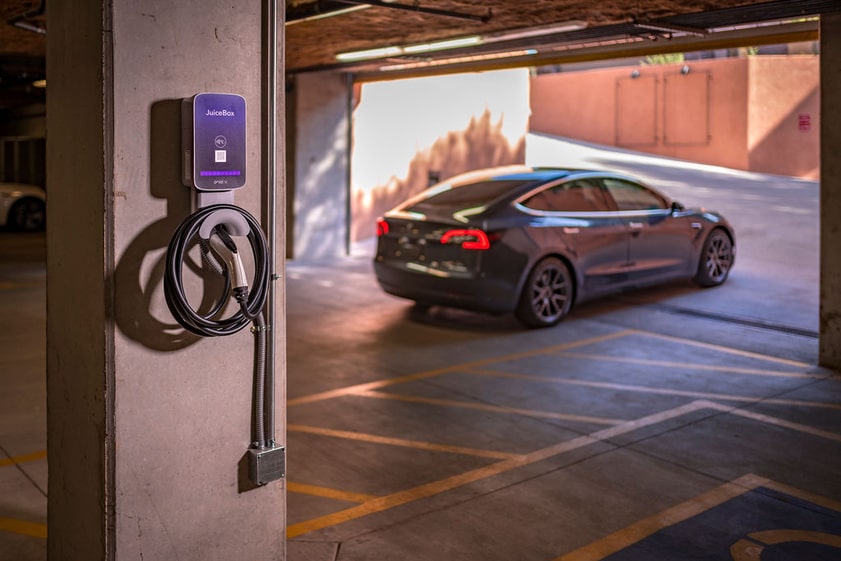SPRINGFIELD – To begin the process of building out infrastructure for drivers and the growing electric vehicle industry in the years to come, State Senator Sara Feigenholtz is championing a measure that lays the groundwork to make EV charging available at residential buildings in Illinois.
“Electric vehicle adoption is growing dramatically, but many people don’t have access to charging stations at their home parking spaces, including the one-third of Illinoisans who live in multi-family housing,” said Feigenholtz (D-Chicago). “This bill establishes a path for new housing to be constructed with infrastructure for EV charging stations in mind, so more renters and condo owners have EV charging access in their homes.”
The bill would require new construction of single-family homes and multi-unit residential buildings to include basic infrastructure for electric vehicle charging in a certain number of parking spaces. It also lays out rights and obligations to allow flexibility for tenants and condominium unit owners seeking to install an EV charger on their own, while granting property owners the ability to recoup costs when an EV charging system is installed or removed at the request of a tenant or unit owner.
Currently, it can be up to six times more expensive to retrofit a parking space for electric vehicle charging than it is to install the necessary infrastructure at the time of construction. Senate Bill 40 future-proofs new housing to greatly reduce the cost of installing charging equipment down the line. If built at the time of construction, EV-capable infrastructure makes up just 0.1-0.2% of total building cost.
“When every space has the necessary infrastructure at the point of construction, a building owner can allocate EV charging as demand from residents naturally grows, without the need for expensive retrofits,” said Feigenholtz. “This legislation will put us ahead of the curve and will support the continued adoption of EVs as residents look to make home and vehicle purchasing decisions in the years to come.”
Senate Bill 40 passed the Senate on Wednesday and will now move to the House for further consideration.



